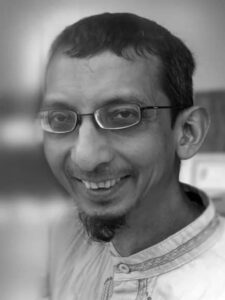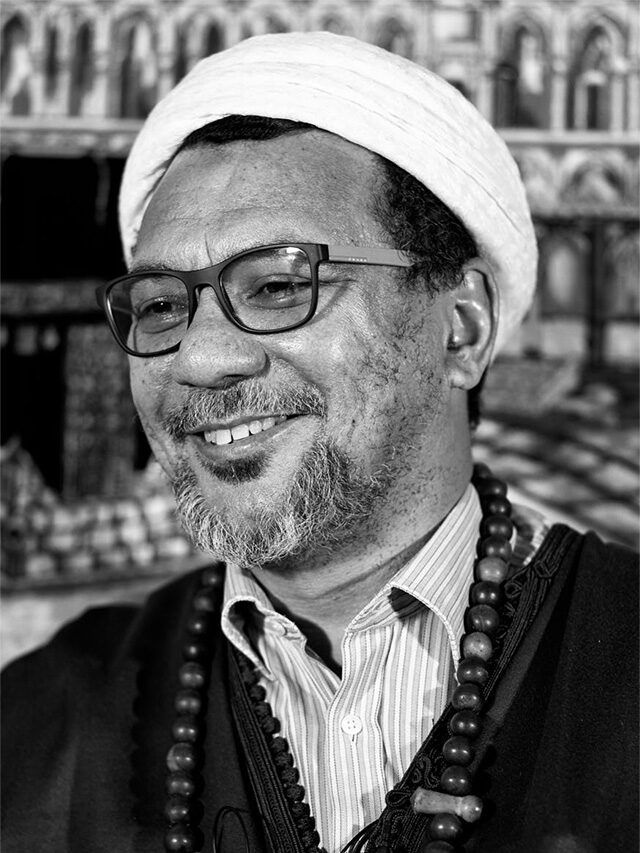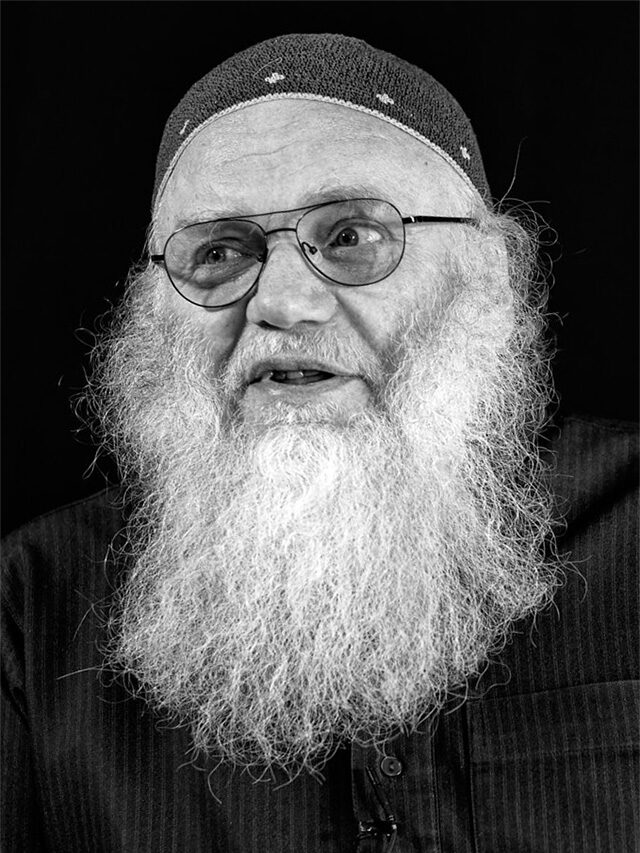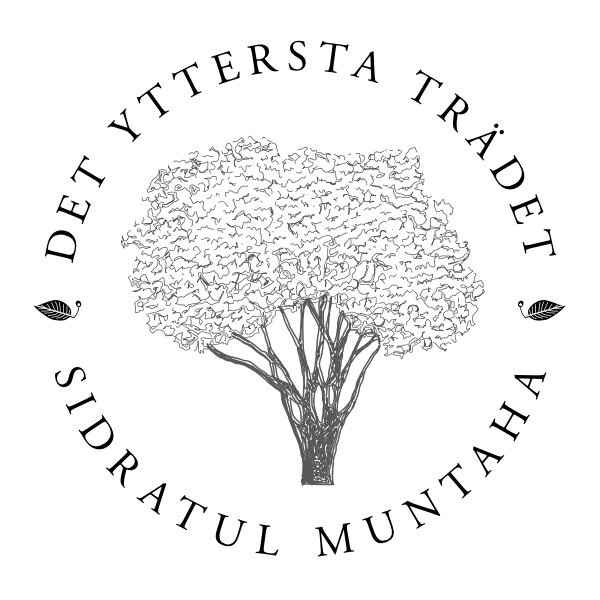Programme
The retreat will begin in the evening on Friday 27 September and continue until mid-day on Sunday 29 September. We offer daily activities from morning to night, but the programme also gives time for contemplative walks by the sea and opportunities to enjoy the beautiful natural surroundings. See full schedule.
The topic for the retreat is Living with Purpose. Our esteemed speakers will give numerous talks on this topic to guide and advice us how to best explore, grow and apply these qualities within ourselves and in challenges we face in life.
Breakfast and a warm vegetarian lunch will be served Saturday Saturday as well as soup in the evenings Friday and Saturday. On Sunday we will have brunch. At all other times, a self-serving buffet table will be available with sandwiches, fruit, tea/coffee and more (contributions are welcome). All food served at the retreat will be vegan or vegetarian, participants with other dietary restrictions or allergies are kindly requested to contact us personally. Feel free to bring your own food, cooking facilities are available at the premises.
For those bringing children, please note that children are not expected to take part in the lectures and dhikr sessions. Parents will be responsible for arranging supervision and activities for their children during these times. We recommend that all parents with children, between themselves, organize a rotary system for the supervision of their children during talks and dhikr sessions. There will be indoor as well as outdoor areas reserved for this purpose.
Speakers
Shaykh Ally Peerbocus

Shaykh Ally Peerbocus is the current head of the International Sufi School (Khidmatul Khadim). Born on the island of Mauritius, Shaykh Ally Peerbocus joined the Sufi path of Muridiyya when he met Shaykh Abdoulaye Dieye during one of his visits to the island. He subsequently joined the daara of Reunion Island, where he walked the experiential path of consciousness under the guidance of Shaykh Aly N’Daw.
Shaykh Ally then headed to Paris where he pursued his studies in Information Technology as instructed by Shaykh Dieye. He today holds a degree as Doctor of Computer Science (DCS). Fully dedicated to the service of his spiritual master, he has been actively engaged in interfaith dialogue and spreading the message of peace and service in Europe.
During the 2005 international exhibition-conference Non-violence, a choice in London, Shaykh Aly N’Daw designated Shaykh Ally Peerbocus as the next leader of Khidmatul Khadim – the International Sufi School – to continue on with his vision after him. In 2006, Shaykh Ally Peerbocus moved to Canada where he is currently based to pursue his mission on this blessed path.
Imam Nusrah Cassiem (I.N.C.)

Imam Nusrah Cassiem is a South African imam and media strategist. As an erudite scholar, he has undertaken formal academic pursuits, earning a Diploma in Arabic from the esteemed University of Medina and a Higher Diploma in Education. His unwavering commitment to the pursuit of knowledge and understanding is further enriched through his profound association with the esteemed Shaykh Fadhlalla Haeri, whose mentorship has left an indelible impact on Imam Cassiem’s spiritual journey.
Throughout his illustrious career, I.N.C. has delivered an array of thought-provoking presentations at various conferences and retreats, delving into diverse subjects such as The Self and Society, Living the Universal Message, The Call to HIM, and Mysteries of the Soul, Self, and Heart Expounded. Added to that, his most recent set of works on The History of the Soul have garnered significant attention and acclaim.
Imam Cassiem holds the positions of Chief Soul Officer (CSO) and Media Strategist at UniGroup of Companies SA, with more than twenty years of media experience. A dedicated advocate for personal and collective advancement, he excels in employee relations, training, and human capital planning. The multifaceted roles of seasoned media strategist and knowledgable scholar showcase Imam Nusrah Cassiem’s exceptional capabilities and contributions in both the professional and spiritual spheres.
Lectures by Imam Cassiem from previous retreats:
The Path of Knowledge and Discernment
Advice to the Seeker on the Path of Ascetism
Shaykh Mohammad Muslim Eneborg

Shaykh Mohammad Muslim Eneborg is a Swedish imam, spiritual guide and teacher. After converting to Islam when he was 20 years old, he travelled the Islamic world extensively, particularly North Africa and the Indian subcontinent. These varied insights and experiences would later influence his characteristic balanced and informed view of Islam.
After his travels, he settled in the UK where he completed an ‘Alimiyya (religious sciences) course. He began his studies at the Tablighi Markaz in Dewsbury before moving on to study in India and later at Darul Uloom Bury, Europe’s oldest traditional Islamic college. He has since then worked as an imam at several mosques in the UK and Sweden, taught Islam at universities and other institutions, and been engaged in dialogue and debates about inter-religious cooperation and the role of religion in the modern world.
A spiritual guide in the Chishti, Naqshbandi, Qadiri and Suhrawardi traditions, Shaykh Muslim is a fountain of guidance and spiritual instruction for seekers of all ages and persuasions, in Sweden as well as abroad.
Friday 27 September
16.00 Registration opens
— Free time / Settling in —
18.00 Welcome and Qur’an recitation
18.10 Introductory talk by Shaykh Muslim
18.30 Introductory talk by Imam Nusrah
19.00 — Break —
19.15 Maghrib prayer
19.30 Lecture: The Sufi Way to Peace with Shaykh Peerbocus
21.00 — Supper —
22.00 Isha prayer
22.15 Dhikr
Saturday 28 September
04.30 Fajr prayer
07.30 — Breakfast —
08.30 Silent dhikr/meditation
09.00 Talk by Shaykh Muslim
10.00 — Break —
10.15 Talk by Imam Nusrah
11.30 — Break —
12.00 Lecture: Forgiveness and Peace with Shaykh Peerbocus
13.30 — Break—
13.45 Dhuhr prayer
14.00 — Lunch and free time —
17.00 Asr prayer
17.15 Lecture: Service and Society with Shaykh Peerbocus
18.45 — Break —
19.00 Maghrib prayer
19.15 Talk by Imam Nusrah
20.30 — Supper —
21.30 Diwan and Qasidas
22.00 Isha prayer
22.15 Dhikr
Sunday 29 September
04.30 Fajr prayer
07.30 — Breakfast —
08.30 Silent dhikr/meditation
09.00 Talk by Shaykh Muslim
10.00 — Break —
10.15 The EcoPeace approach with Shaykh Aly N’Daw & Shaykh Peerbocus
11.45 — Break —
12.15 Q&A with all speakers
13.15 Concluding words and dua
13.30 — Break —
13.45 Dhuhr and Asr prayers
14.00 — Lunch —
15.00 Communal cleaning
16.00 — End of retreat —
After the programme, you are most welcome to remain at the venue or enjoy the environment and the company of others.
